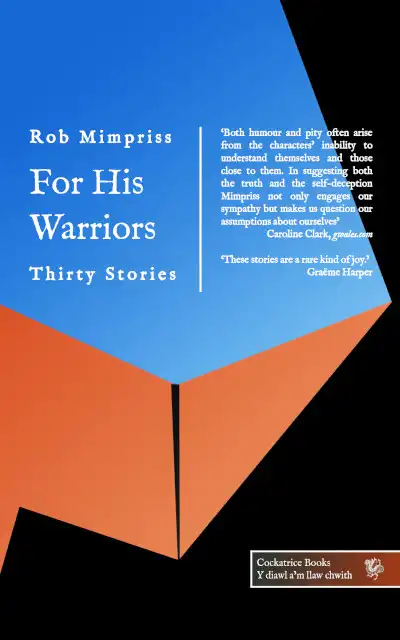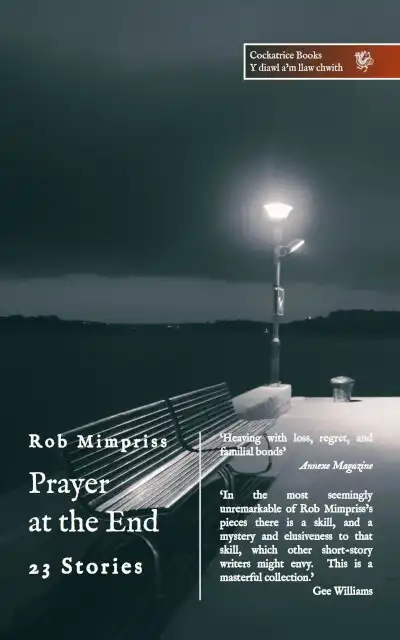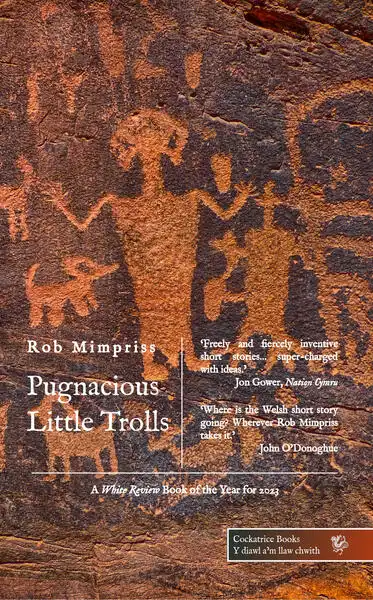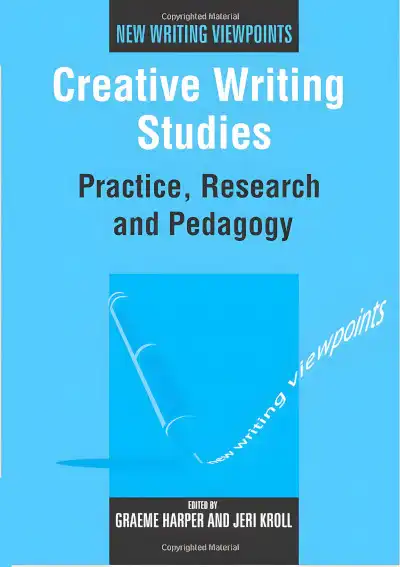The essays and articles which have been published since his death make clear how Stockton Rush would wish to be remembered. First as a scientist or inventor, willing to push submarine design ‘to the limits,’ as he put it, ‘of what is physically possible;’ second as a pioneer using tourism to fund exploration of the sea floor as Richard Branson was doing to fund the exploration of space; and third as an explorer who, if he expected to be killed, believed that his death would benefit those who came after him.
Yet if he saw himself as heroic in his failure, those who knew him speak of utter disregard for safety and good science, in a submarine whose steering system was effectively a toy, and was known by experience to be unreliable, whose controls were utterly reliant on Bluetooth, with no backup if Bluetooth was lost, whose carbon-fibre hull was judged too weak for deep-sea exploration, and was acquired by OceanGate at a discount because its previous owners had found it to be unsafe, and whose engineers were young and poorly paid. In addition to this, there was his avoidance of professional standards and legal obligations in his rejection of independent inspection and certification of the sub, his use of a flag of convenience to avoid the jurisdiction of American law, and his registration of his customers as ‘mission specialists’or ‘citizen scientists’ so that they would not enjoy the legal protections of passengers. And finally, there was his rudeness and hostility to those who questioned the safety of his craft — the aggressiveness of his emails to colleagues in other companies who sought to advise him for the sake of the industry as a whole; the abrupt dismissals and threats of litigation against his own staff.
Moreover there has been discussion of the ethics of his business, charging customers $250,000 a pop, as it were, for a pleasure tour of what was effectively a graveyard, a capitalist’s stunt in disaster tourism when the disaster was itself caused by capitalism. When the centenary of the Titanic was in the news, my mother began — a rare event in itself — to talk about her upbringing, about her paternal grandfather, a steward who went down with the ship, leaving a widow who was forced to remarry in all haste, and a son, my grandfather, who was farmed out to neighbours and relatives to be raised, because the new stepfather did not want him, and who married a woman, my mother’s mother, who had herself survived significant abuse.
I remember my grandfather, who lived from my parents from the time I was eight until his death when I was fifteen: a man who seemingly lived in the social shadow of his wife, a Calvinist always reading the sermons of Martyn Lloyd-Jones while my grandmother (who thought the world of Billy Graham) argued, and ranted, and struggled, and wept, a Conservative who died living under my parents’ roof, owning nothing of greater value than his car. I would think that this conservatism arose from modesty and humility rather than arrogance or greed: a respect for convention as expressing the wisdom of the majority and the dead, an understanding that even those whom Martyn Lloyd-Jones condemned as damned would live as they themselves thought best. That he never asked me the questions that other adults asked seems, in retrospect, like a kind of respect. He never raised his voice in my presence, spoke so seldom that now I struggle to remember his voice.
If Stockton Rush was right, we are remembered only for the rules we break, and on that basis I suppose my grandfather would deserve to be forgotten. ‘Innovators,’ said Rush, are ‘people who break things,’ and those who challenged his exceptionalism were accused of the cowardice and selfishness that prevents progress.
Yet ‘breaking things’ is surely only the lesser part of creation, just as the brilliant, innovative poetry of Catullus and T. S. Eliot was built on their mastery of literary tradition, and the originality of Dafydd ap Gwilym was his recombination of existing materials, namely European subject matter and Welsh poetic form. Moreover, the creative process is described in terms of attentiveness, apprenticeship, and moral concern, learning respect not only for the readers who might engage with our work, but for the characters to whom we are least sympathetic. This can hardly be accomplished without pain. When I seek the advice of others on my work I am forced to consider not only other literary techniques, but other perspectives and moral judgements, confronting not only the laziness I might have shown with regard to my work, but the lack of self-awareness or understanding of others. One might expect that an endeavour in which lives were put at stake would merit at least as much self-examination as a short story which risks boring the reader.
As I write, the U.K. government announces plans to cap student numbers in what it calls ‘low-value’ or ‘rip-off’ degrees,perhaps including the degrees for which I studied, and the degree courses on which I now teach, and potentially reducing the number of graduates for whom the arts and humanities are a standard of moral judgement. When education is commodified and creativity forgotten we are left with shallow talk about innovation, whose proponents — the Stockton Rushes and Liz Trusses and Kwasi Kwartengs of this world — have already caused us suffering.















